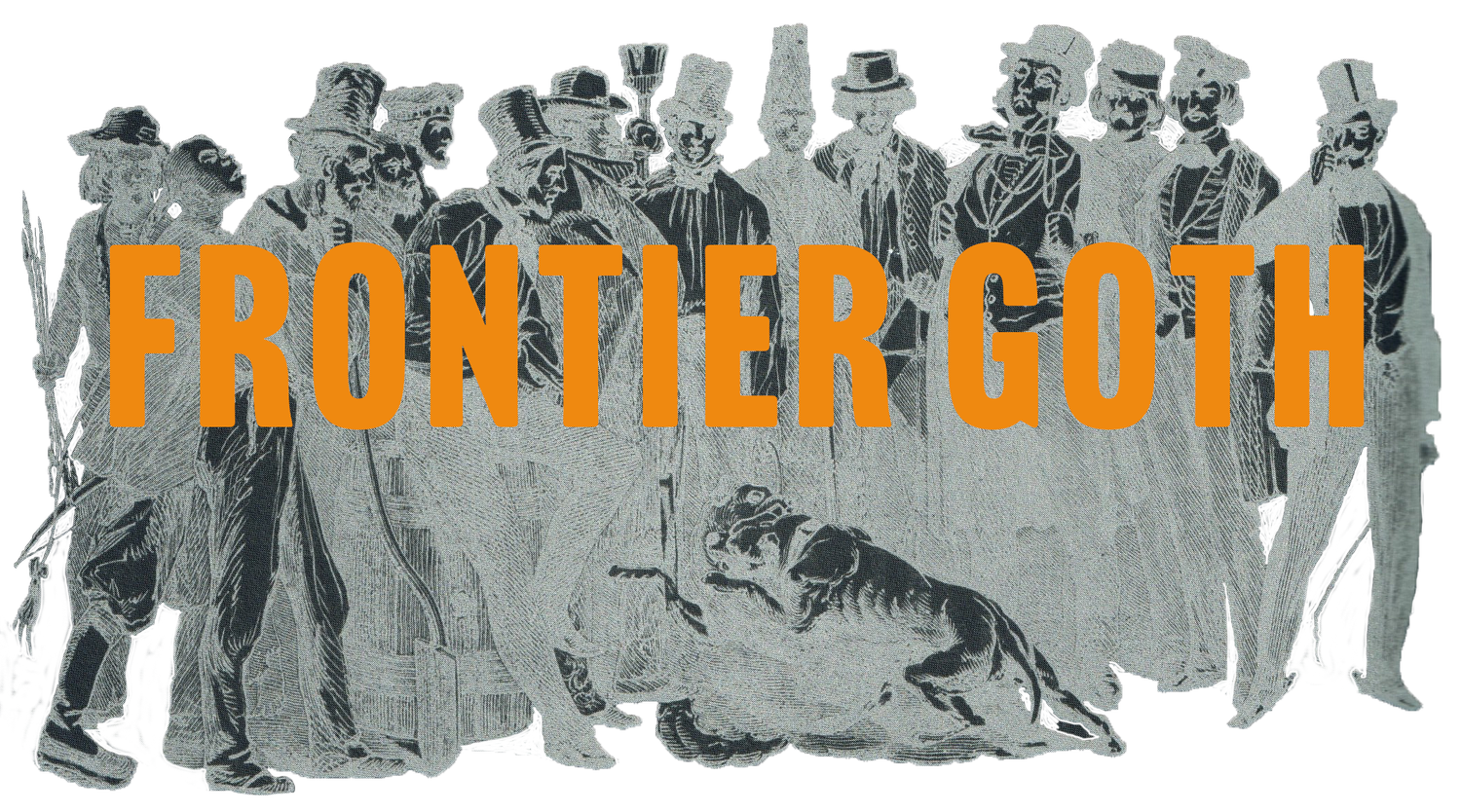The Age of Extremes by Eric Hobsbawm
“The old moral vocabulary of rights and duties, mutual obligations, sin and virtue, sacrifice, conscience, rewards and penalties, could no longer be translated into the new language of desired gratification. Once such practices and institutions were no longer accepted as part of a way of ordering society that linked people to each other and ensured social cooperation and reproduction, most of their capacity to structure human social life vanished. They were reduced simply to expressions of individuals’ preferences, and claims that the law should recognize the supremacy of these preferences. Uncertainty and unpredictability impended. Compass needles no longer had a North, maps became useless. This is what became increasingly evident in the most developed countries from the 1960s on. It found ideological expression in a variety of theories, from extreme free-market liberalism to ‘postmodernism’ and its like, which tried to side-step the problem of judgment and values altogether, or rather to reduce them to the single denominator of the unrestricted freedom of the individual.”
&
”Hunger and shortage lie behind everything that happened in the last two years of the U.S.S.R. Despairing reformers, mainly from among the academics who had been such obvious beneficiaries of glasnost, were pushed into an apocalyptic extremism: nothing could be done until the old system and everything about it was destroyed utterly. In economic terms, the system must be completely pulverized by total privatization and the introduction of a 100 per cent free market immediately and at whatever cost. Dramatic plans for doing this in a matter of weeks or months (there was a ‘programme of five hundred days’) were proposed. These policies were not based on any knowledge of free markets or capitalist economies, though they were vigorously recommended by visiting American and British economists and financial experts, whose opinions were not, in turn, based on any knowledge of what actually went on in the Soviet economy. Both were correct in supposing that the existing system, or rather, while it existed, the command economy, was far inferior to economies based primarily on private property and private enterprise, and that the old system, even in a modified form, was doomed. Yet both failed to confront the real problem of how a centrally planned command economy was, in practice, to be transformed into some version or another of a market-dynamized economy. Instead they repeated first-year-economics-course demonstrations of the virtues of the market in the abstract. It would, they argued, automatically fill the shelves of shops with goods withheld by producers at affordable prices, once supply and demand were allowed free play. Most of the long-suffering citizens of the U.S.S.R. knew that this would not happen, and when, after it ceased to exist, the shock liberation treatment was briefly applied, it did not. Moreover, no serious observer of the country believed that in the year 2000 the state and public sector of the Soviet economy would not still be substantial. The disciples of Friedrich Hayek and Milton Friedman condemned the very idea of such a mixed economy. They had no advice to offer about how it was to be operated, or transformed.”
&
”If voting by universal suffrage remained the general rule—as was probable—there seemed to be two main options. Where decision-making was not already outside politics, it would increasingly side-step the electoral process, or rather the constant monitoring of government inseparable from it. Authorities which had themselves to be elected would also, increasingly, hide, octopus-like, behind clouds of obfuscation to confuse their electorates. The other option was to recreate the sort of consensus which allowed authorities substantial freedom of action, at least so long as the bulk of citizens did not feel too much cause for discontent. An old-established political model for this had been available since Napoleon III in the mid-nineteenth century: the democratic election of a saviour of the people or a nation-saving regime—i.e. ‘plebiscitary democracy.’ Such a regime might or might not have come to power constitutionally, but, if ratified by a reasonably honest election with a choice of rival candidates, and some voice for an opposition, it satisfied the fin-de-siecle criteria of democratic legitimacy. But it offered no encouraging prospect for the future of parliamentary democracy of the liberal kind.”
-Eric Hobsbawm, 1994


